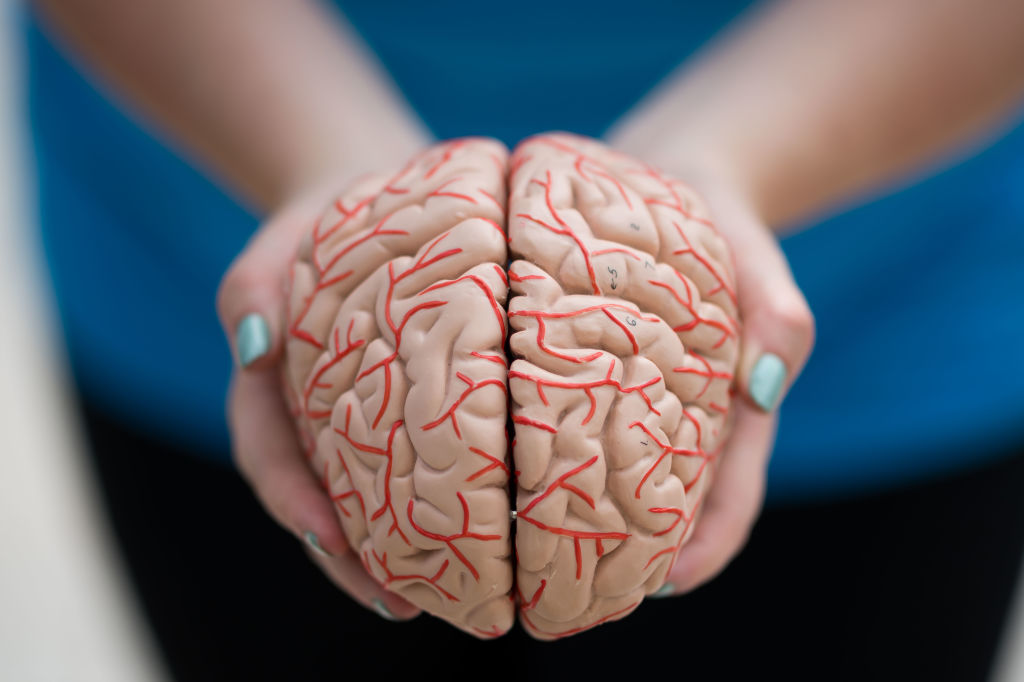As humans, it’s really important for us to have a clear vision of our future. This allows us to move forward in a purposeful manner. What’s more is that you can also alter the said vision time and time again, and therefore give yourself a legitimate chance at achieving growth across multiple fronts. Now, when you have such a luxury under real world circumstances, one can always expect some outright notable by-products to emerge from it, and if we talk about the most notable of them all, it will be, hands down, technology. Technology enjoys a stature so high in our lives mainly due to the way in which it reinvented everything. You see, the creation introduced a kind of methodology, which wasn’t just based upon carrying any pre-established legacy. Instead, it was inspired by the idea of setting up a whole new one, with its take revolving largely around elements like efficiency and convenience. The tech-inspired legacy will further spill throughout the spectrum. While it took over many areas in its wake, one big foray it made came within our medical sector. In hindsight, we can see how technology’s unprecedented stewardship led healthcare to higher peaks, but even after doing so much already, the link-up is still flourishing beyond all expectations. In fact, the world got to see yet another example of it during Arkuda Therapeutics’ recent funding.
Arkuda Therapeutics, a neurodegenerative disease drug developer, has officially raised $64 million in Series B financing. According to certain reports, the round was co-led by Cormorant Asset Management and Pivotal bioVenture Partners, whereas Surveyor Capital, Eli Lilly, Atlas Venture, Pfizer Ventures, funds managed by Tekla Capital Management, and Mission BioCapital also joined in as close participants. Talk of utilizing the fresh funds, Arkuda plans to dedicate them towards its lead program, which focuses extensively on GRN-related frontotemporal dementia. The condition is rather inherited one and it concerns a faulty mutation in a GRN gene copy. As the said gene is responsible for producing progranulin, any issue here directly impacts the said production, thus pushing the patient to undesirable consequences.
Arkuda, however, is working to solve it through a quite straightforward approach. The company is developing small molecules that will be tasked with getting the healthy GRN copies to produce more progranulin. Currently in advanced optimization stage, these molecules will then level out the protein deficiency and restore lysosomes to their original form.
“The patients we aspire to serve are in great need of therapeutic options, and this financing will enable us to accelerate our efforts to turn the promise of our emerging understanding of lysosomal biology into effective medicines with the potential to positively impact the trajectory of their disease,” said Gerhard Koenig, co-founder and CEO at Arkuda Therapeutics.
Interestingly enough, if Arkuda’s approach does work out, it can also make a meaningful difference in terms of treating other neurodegenerative complications like Alzheimer’s and Parkinson’s disease.


















